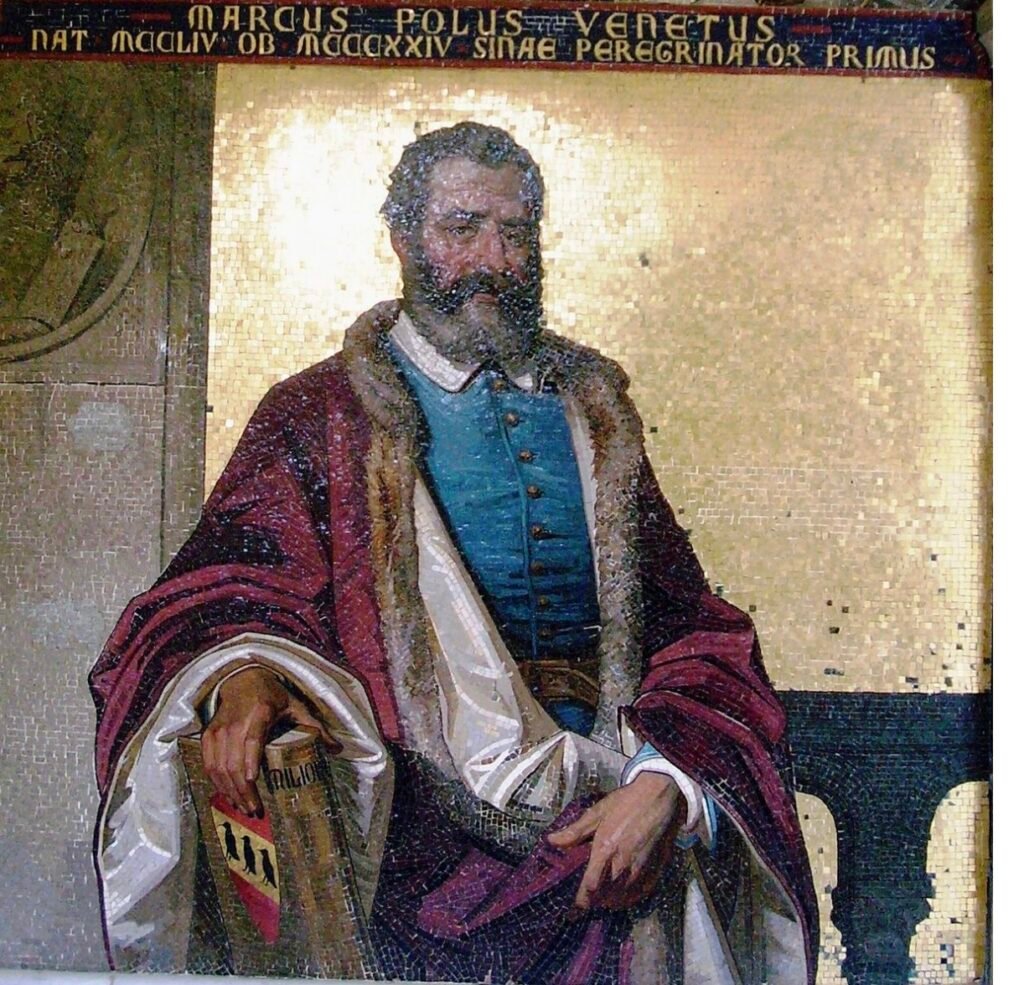
The historic facts imparted number the hundreds, I would venture to say. Could be more, except that they were repeated over and over again, year after year.
As a teacher, sometimes you have to switch it up to make things a little more interesting. But maybe not to the extent to which I would go.
Caesar and Salad
While crossing the Alps on his return from conquering Gaul, Julius Caesar faced a pending problem that many military superior officers might face. His men were hungry. What to do? Well, he looked to the land. And what do you know? Everywhere, as far as the eye could see, were spinach fields. Spinach is edible in many forms. The men received this idea with enthusiasm. But there was a problem. Too bland. “We need to spice this up somehow!” the soldiers yelled. A few of the men had brought many lemons up from the Mediterranean on their way there, and had squirreled them away. “Squirt some of those on the spinach,” they all agreed. “That will help!”
But let’s not stop there. Some officer had the bright idea to mince up hundreds of tiny fish caught in the stream nearby. Legend has it they were anchovies. So they added those. Stale bread crumbs were sprinkled on top, along with shredded cheese. The mixture of lemon juice, anchovies, and a bit of goat milk for viscosity made the perfect dressing for which to put on the lettuce.
And so there you have it. That’s how “Caesar salad” was invented.
Call Me “Polo”
Italian trader and adventurer Marco Polo faced some majorly adversarial, rugged landscapes in all of his journeys.
Once in the mountains of present-day Afghanistan, he and his party came across a raging, swirling stream, and it was rising rapidly. The problem was that they all had to ford this stream no matter what. It was the only way to go.
Marco Polo had a trusted servant/porter who had been everywhere and through everything with him. He was good, and had been good for over twenty-five years. His only downfall was his eyesight: He was blind as a bat. Couldn’t see his hand right before his eyes.
They got along well as long as Marco Polo was obeyed. One thing he insisted on was being called “Polo.” Not sure why, but he just wanted to be called by his last name, particularly from this guy.
“We got this!!” assured Marco Polo. “I’ll lead and you just listen for my instructions! Keep that pack-horse upright with all that stuff, too! Got it?”
“Yessir!”
Well, they waded in and sure enough it was a mighty task to ford this stream. The servant found himself in trouble, his horse losing its footing and the valuable packs shakily maintaining their grip. The servant’s arms flailed wildly in order to try and stay afloat..
“Marco!!!” the servant cried out in desparation.
“This guy!” he thought. “It’s POLO!” he screamed over the crashing whitewater.
The servant was in really bad shape at this point. “MARCO!!!!!!”
“POLO!!!”
“MARCO!!!!”
“POLO!!!!”
This went on and on interminably. Like forever!
Finally, the servant reached the other side and, with the help of Marco Polo’s outstretched hand, was pulled to safety.
The next time you are in a swimming pool and walking around with your arms out and screaming “MARCO!!!,” and someone screams back “POLO!!!,” this is why.
Here
In the Middle Ages, pilgrims traveling from north to south on the continent of Africa didn’t have GPS systems, but they could always count on road signs to know where they were, and which direction they needed to go to get to another destination.
Example:
A party (trading, religious or otherwise) came to a crossroads.
“I see we are in Fezzits. And it’s that way to Crasara,” the leader told his charges. “Let’s go.” And off they went, sure of where they were and sure of where they were going.
Another group of nomads, riding high atop their camels, came to another crossroads. “I see we are in Grimgrazo. And it’s that way to Cisternity. Let’s go!”
As simple as that.
If Trader Jo-bee was uncertain, why then the sign that he and his band came across served as a non-determinant. He smiled and called out, “I see we are in Lazos. And it’s that way to Ghana!. Let’s go!”
And so it was when a young merchant and his wife, determined to get where they were going, came across an unlikely sign: “To Timbuktu,” it read.
“What’s this?” the young man said to his wife. “Where are we? I see where we need to go and in what direction, but where are we?” he repeated.
Unlike other crossroads, there was an old man sitting cross-legged by this sign.
The trader turned to the old man and repeated his question. “Sir, where are we?”
“Why, you are here.”
The trader looked wide-eyed and responded. “Yes, I realize we are here, and which way to go to get to Timbuktu. But what is our location?”
“It is here,” said the old man bluntly.
“Where is here? Surely this old intersection has a name!’ What is it?!” He was getting just short of irate.
“All I can tell you, is that you are here. And Timbuktu? Far, far, far away.”
The trader, knowing that full-well, finally gave up.
He turned to his wife and said, “I see we are here. And it’s that way to Timbuktu. Let’s go!”
So that’s the way to get “from here to Timbuktu!”
Are you shaking your head?
Me, too.